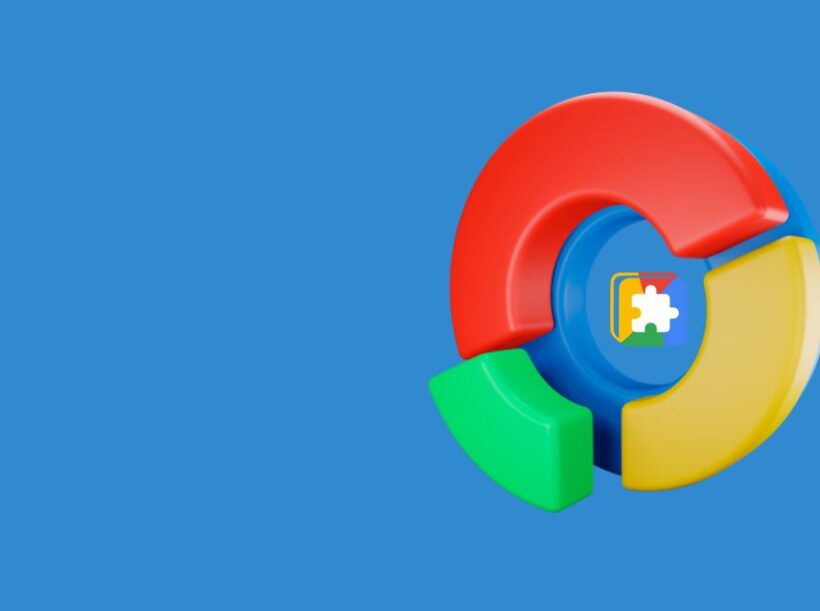Spell checkers are browser extensions or built-in features that check the spelling of text entered by users, providing corrections or suggestions for misspelled words. They enhance the accuracy and professionalism of user-generated content, such as emails, forum posts, or social media updates. Spell checkers can improve the overall quality of online communication and help users maintain a polished and error-free online presence.
Benefits of Spell Checkers
Spell checkers offer several advantages:
- Accuracy: Spell checkers help users identify and correct misspelled words, improving the accuracy and professionalism of their written communication.
- User Confidence: By providing real-time feedback, spell checkers boost user confidence in their writing, reducing the likelihood of embarrassing errors.
- Language Learning: Spell checkers can assist users in learning new languages or improving their grammar and vocabulary.
- Time Savings: Spell checkers save users’ time by providing instant feedback and corrections, eliminating the need for manual proofreading.
- Content Quality: Spell checkers contribute to the overall quality of online content, ensuring that user-generated text is clear, concise, and free of errors.
How Spell Checkers Work
Spell checkers typically involve the following:
- Dictionary Lookup: Spell checkers use a built-in dictionary or a cloud-based service to check the spelling of words against a reference set of correctly spelled words.
- Misspelled Word Detection: The spell checker identifies words that are not found in the dictionary or that deviate from standard spelling patterns.
- Suggestion Display: When a misspelled word is detected, the spell checker provides suggestions for alternative spellings or corrections.
- User Feedback: Users can accept or reject the suggested corrections, allowing them to maintain control over their content.
- Custom Dictionary: Some spell checkers allow users to add custom words to the dictionary, ensuring proper spelling of unique terms or jargon.
Common Features of Spell Checkers
There are several features commonly found in spell checkers:
- Real-time Feedback: Spell checkers provide instant feedback as users type, underlining or highlighting misspelled words.
- Grammar Checking: In addition to spelling, some spell checkers offer grammar checking, identifying errors in sentence structure or syntax.
- Language Support: Spell checkers often support multiple languages, allowing users to check spelling in their preferred language.
- Auto-Correction: Some spell checkers automatically correct common typos or errors, providing a seamless writing experience.
Implementing Spell Checkers
To implement a spell checker:
- Dictionary Creation: Build a comprehensive dictionary of correctly spelled words, including common variations and language-specific rules.
- Misspelled Word Detection: Implement algorithms to identify words that deviate from standard spelling patterns or are not found in the dictionary.
- Suggestion Generation: Develop algorithms to generate alternative spelling suggestions based on phonetic similarity or contextual analysis.
- User Feedback Loop: Allow users to accept or reject corrections, providing a feedback loop to improve the spell checker’s accuracy.
- Custom Dictionary Support: Offer users the ability to add custom words to the dictionary, accommodating unique terminology or jargon.
Challenges and Considerations
While spell checkers offer benefits, there are considerations to keep in mind:
- Language Complexity: Supporting multiple languages and their spelling variations can be challenging, requiring extensive dictionary maintenance.
- Contextual Understanding: Spell checkers should understand context to provide accurate suggestions, as the same misspelled word can have different corrections based on context.
- Performance Impact: Spell checking large blocks of text, especially in real-time applications, may impact performance.
- User Education: Educate users about the spell checker’s capabilities and limitations, ensuring they understand its functionality and limitations.
Spell checkers are valuable tools that enhance the accuracy and quality of user-generated content. By providing real-time feedback, corrections, and grammar checking, spell checkers improve the overall user experience. They help users maintain a polished online presence and reduce the likelihood of embarrassing errors.
Additionally, spell checkers can assist in language learning and promote accurate communication. However, it’s important to address language complexity, contextual understanding, and performance considerations to build effective and reliable spell checkers that meet user expectations.





